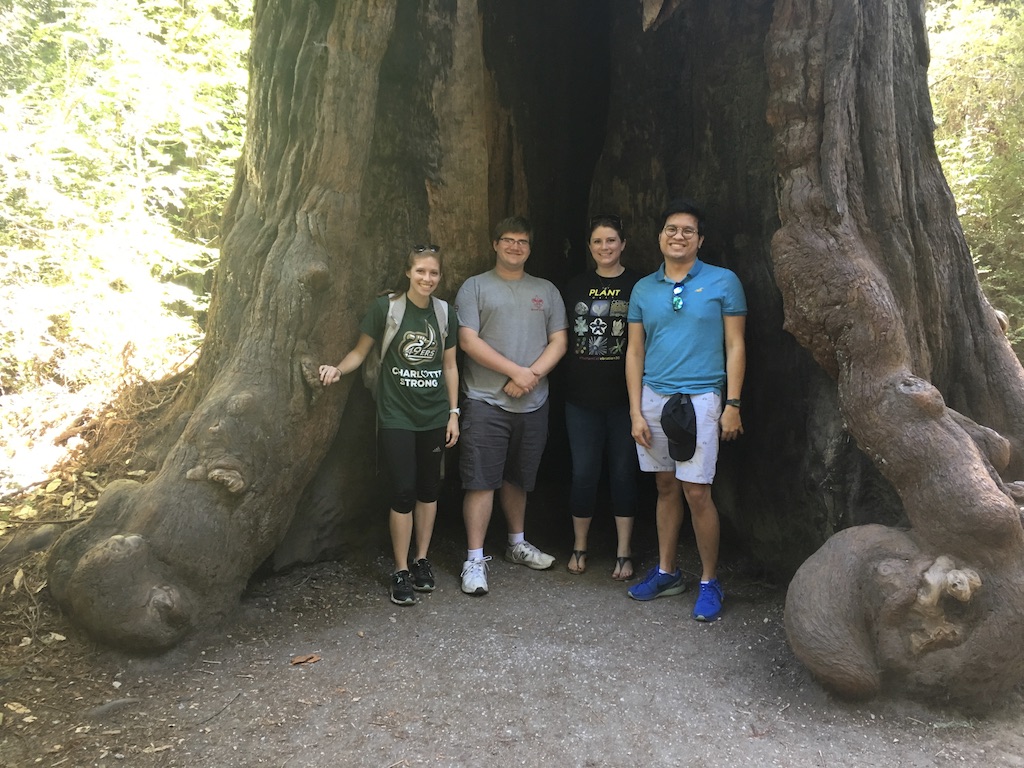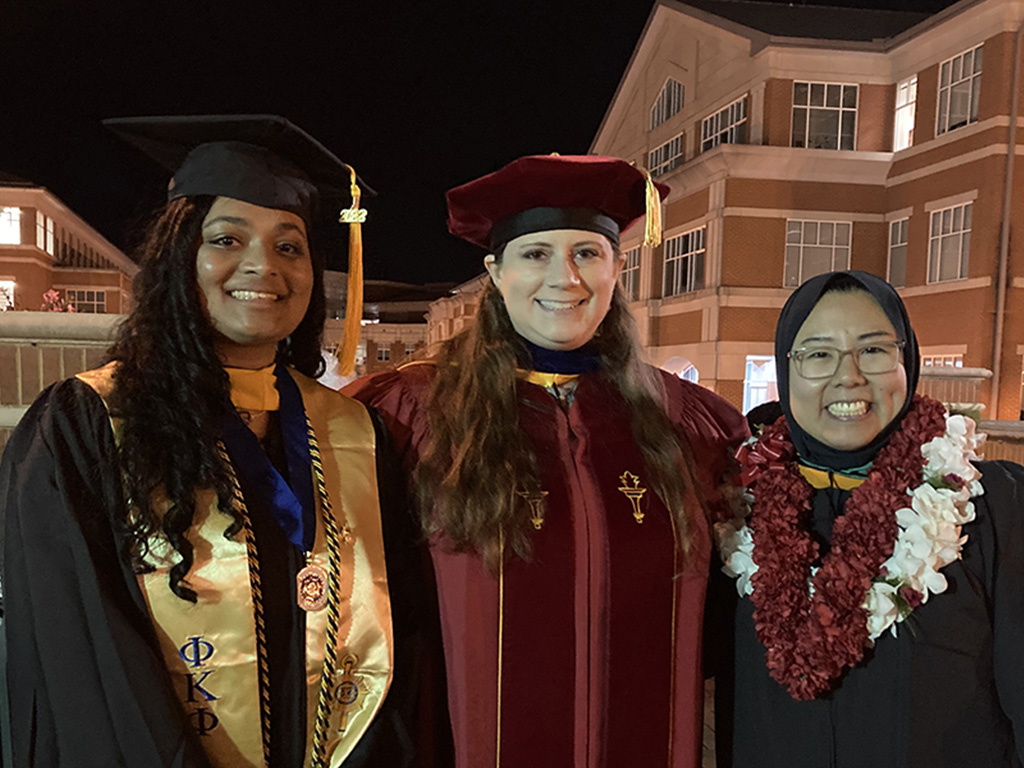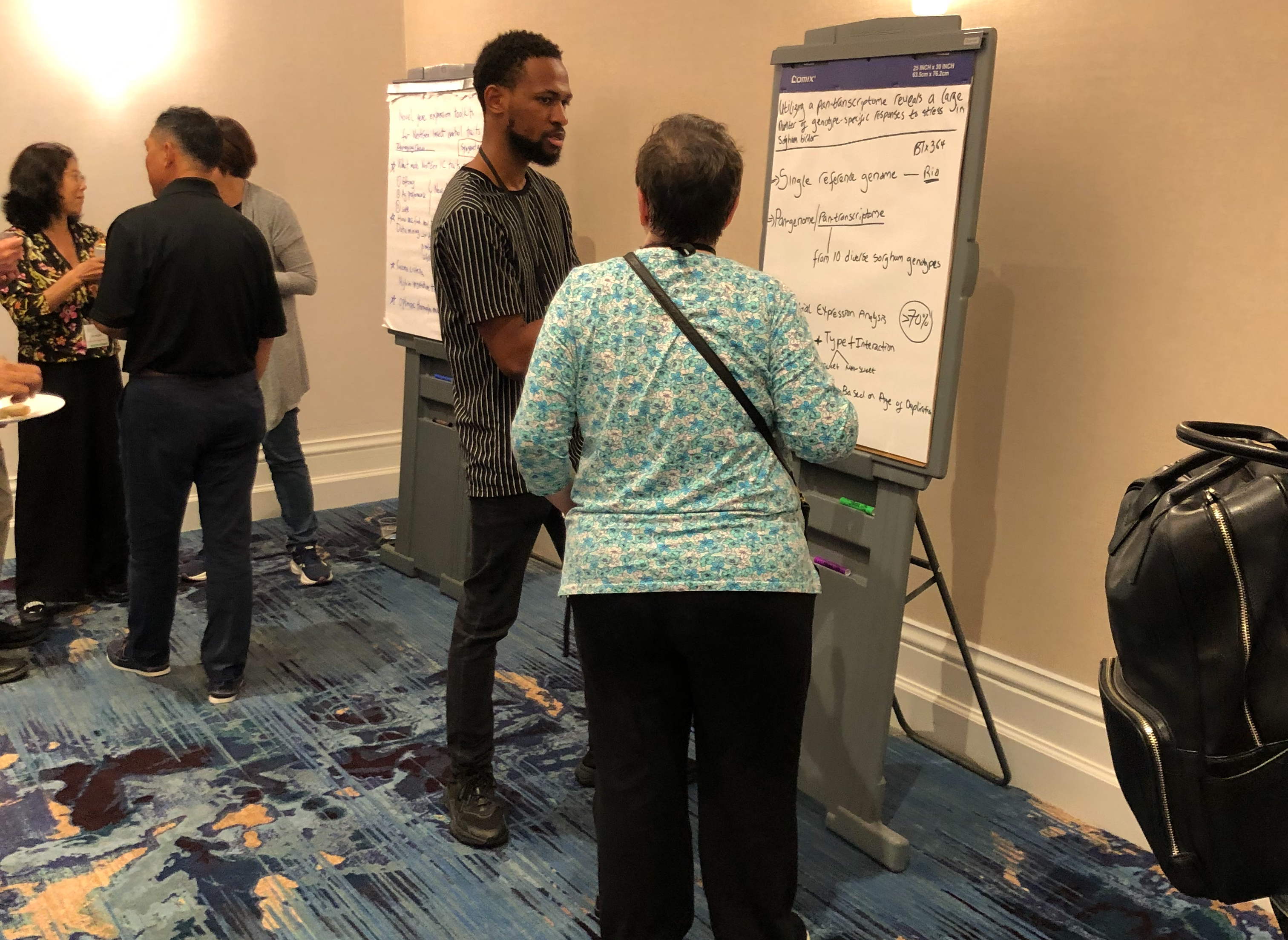Current Lab Members
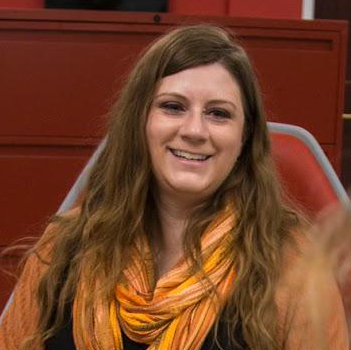
Liz Cooper Assoc. Professor & Principal Investigator
Dr. Cooper joined the Department of Bioinformatics and Genomics at UNC Charlotte in 2018. She received her Ph.D. in Molecular Biology from the University of Southern California in 2011, then worked as a post-doc at the University of Miami from 2011 to 2014. She subsequently became a research associate at Clemson University, which is where she first became interested in applying her background in evolutionary biology and genomics to agricultural systems.
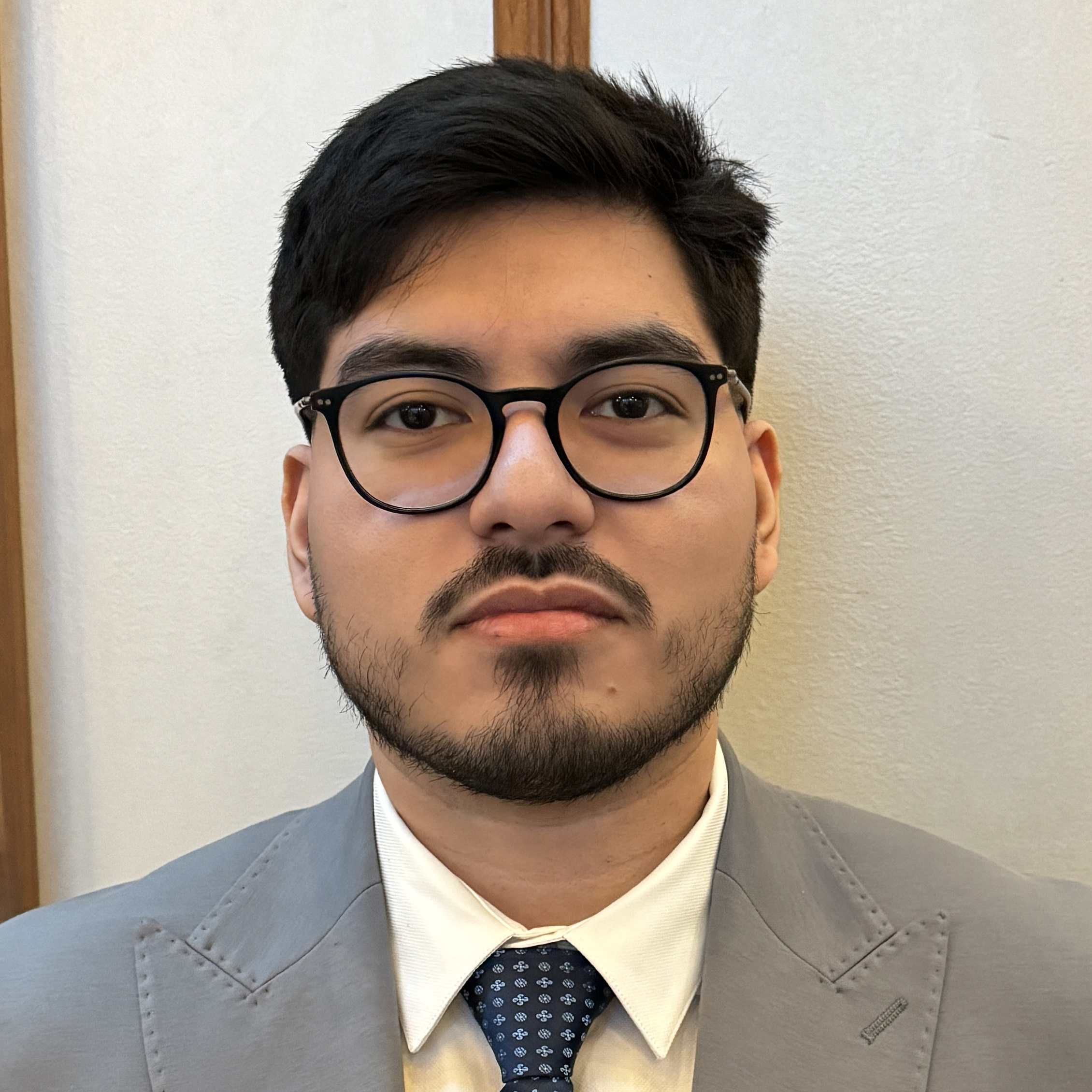
Cristian Velez MS Student
Cristian Velez is a graduate student at the University of North Carolina at Charlotte completing his Master’s degree in bioinformatics. He received his Bachelor’s degree in Biology at the University of North Carolina at Greensboro. Under the guidance of Dr. Elizabeth Cooper, he hopes to bring more insight into the evolutionary history of sorghum by evaluating whether genomic evidence supports two independent domestication events. His project integrates variant calling, deleterious load analyses, and fastsimcoal2 demographic modeling to test whether the margaritiferum lineage represents a distinct domestication separate from other sorghum lineages.
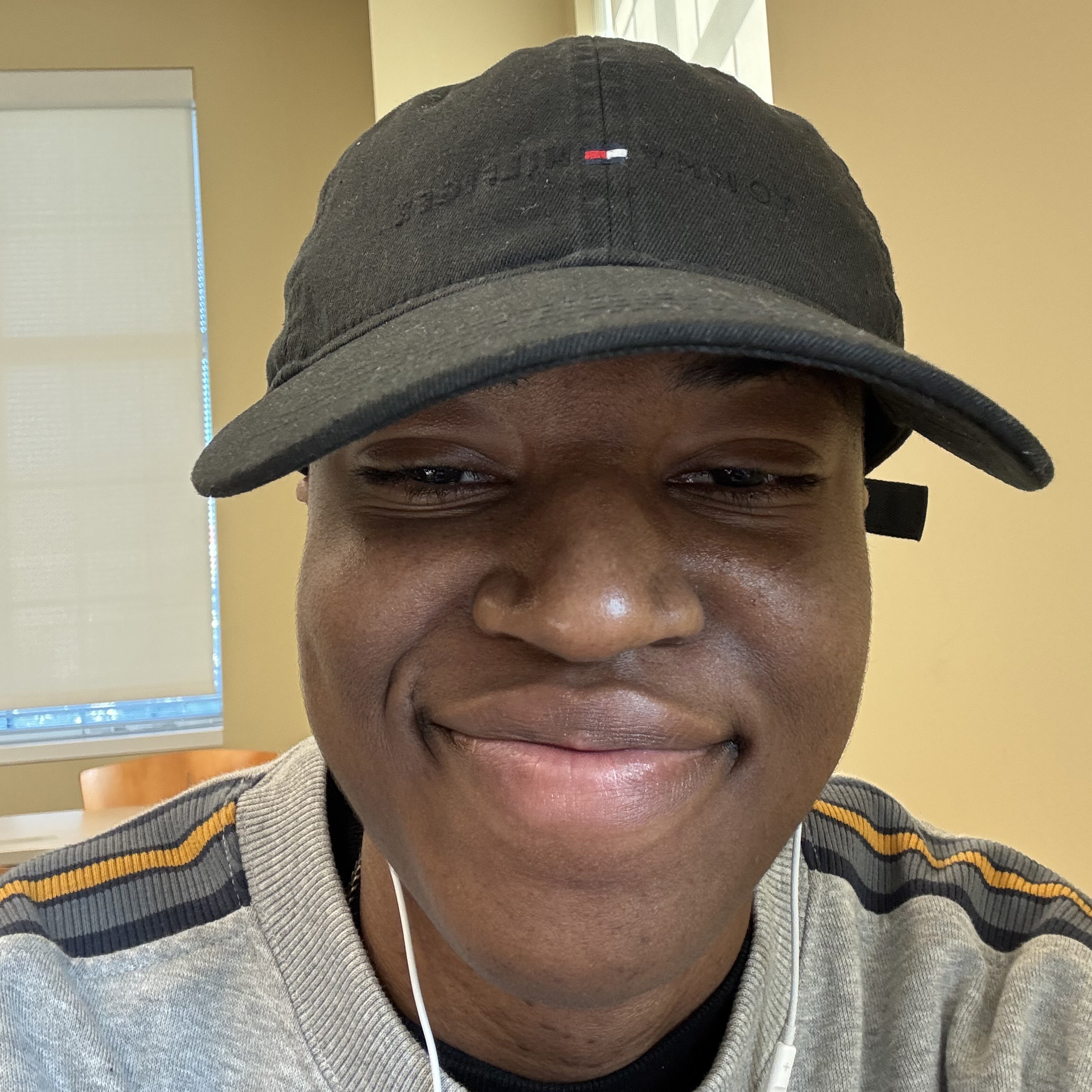
Gloria Jackson MS Student
Gloria graduated from UNC Charlotte with a B.A in Biology in 2024. She is currently pursuing her Master's in Bioinformatics at UNC Charlotte. Under the guidance of Dr. Cooper, she is working on a project that utilizes a variant calling pipeline to compare the deleterious mutation load between wild-type and domesticated sorghum. Her research involves analyzing genomic data across multiple reference genomes to better understand the genetic impacts of domestication.
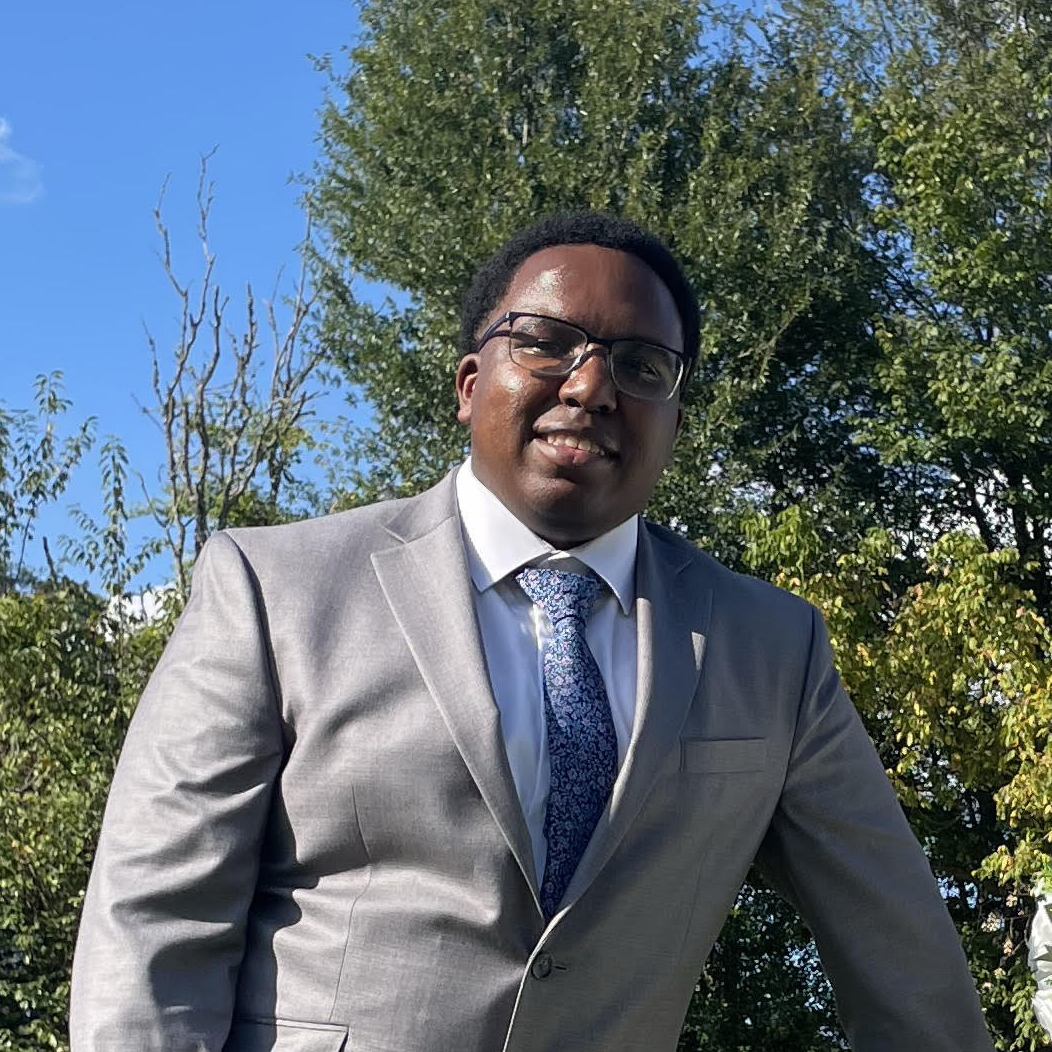
Jakes Njuguna MS Student
Jakes Njuguna is pursuing his Master’s in Bioinformatics at UNC Charlotte, after earning his B.S. in Biology from UNC Asheville. Under the guidance of Dr. Cooper, he is exploring whether sorghum underwent two independent domestication events. His research uses a variant calling pipeline and deleterious load analyses to uncover how domestication has shaped the sorghum genome.
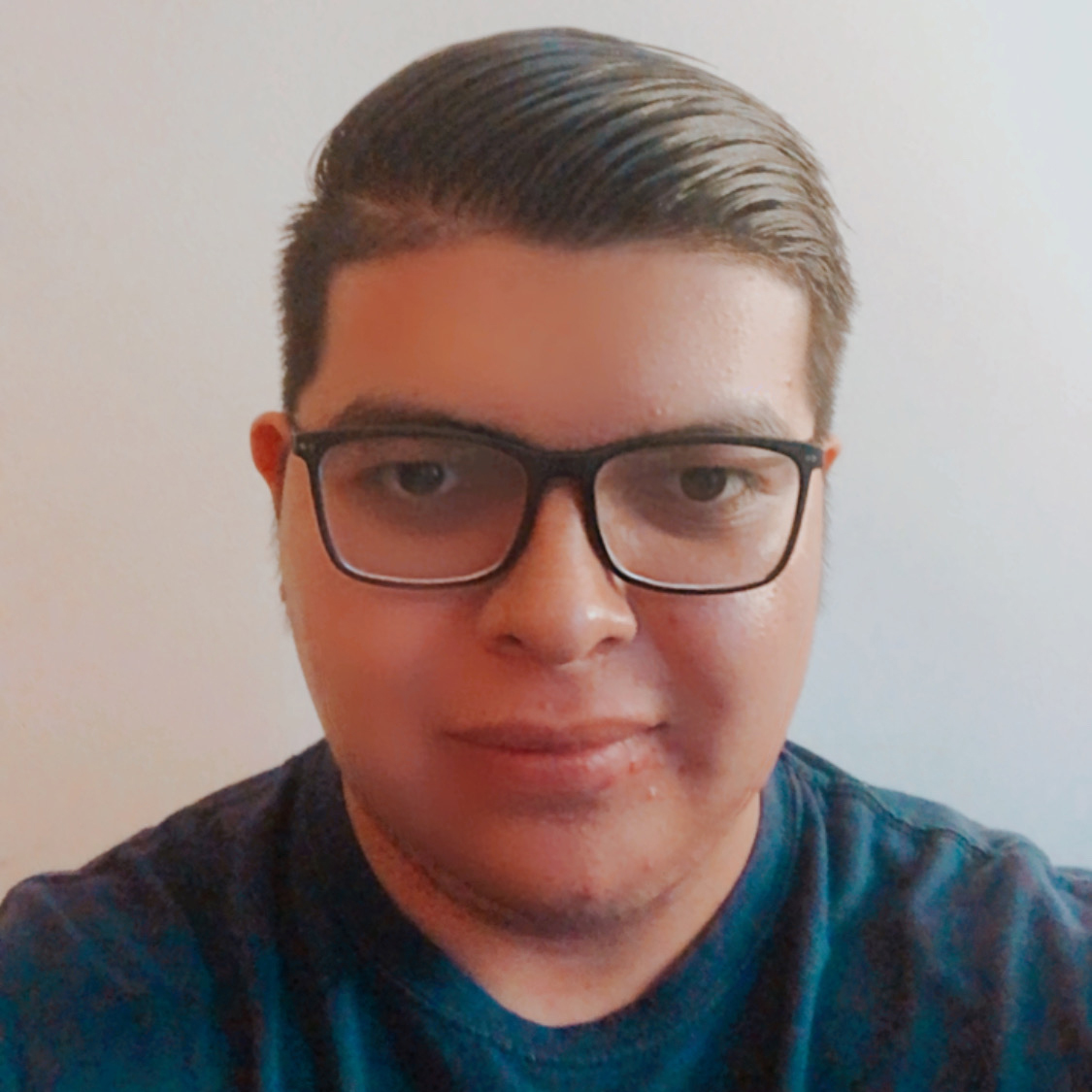
Jayson Sanchez MS Student
Jayson Sanchez is a graduate student at the University of North Carolina at Charlotte pursuing a master’s degree in bioinformatics. He received his bachelor’s degrees in biochemistry and in biology (with a concentration in human biology) from North Carolina State University. Under the guidance of Dr. Elizabeth Cooper, he aims to investigate the demographic history of wild sorghum to better understand why it bears a higher deleterious load than domesticated sorghum, offering insight into its divergence from the domestication-cost hypothesis. His project uses variant calling and PSMC analysis to explore whether past population bottlenecks account for the higher deleterious load found in wild sorghum.
